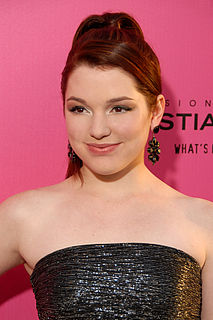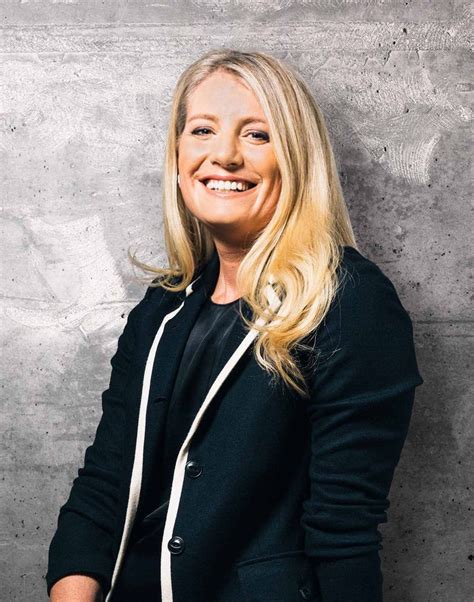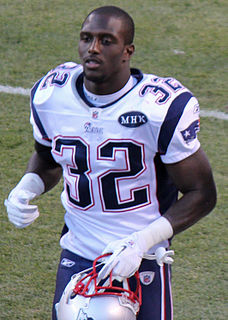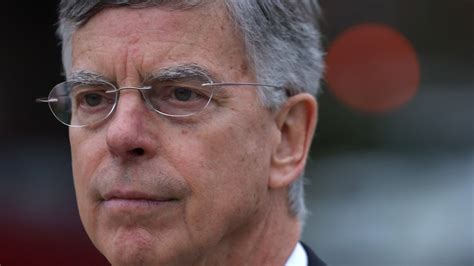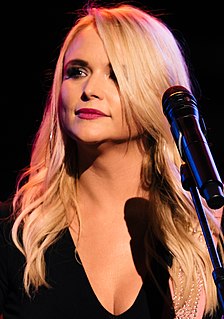A Quote by Phil Kay
When you are writing a spoken word poem, the tools you're working with are your voice, your body, how it's going to sound to someone when you're saying it out loud. Which is different from when you're writing it on the page. That toolbox becomes how does this look visually on the page, how does this read among pages, how is this in relation to poems that are before it or after it. I don't think one is better or more successful than the other. You've just gotta think about "what are the tools I'm using, and how are they most effective in this form?"
Quote Topics
Related Quotes
I think all writing is about writing. All writing is a way of going out and exploring the world, of examining the way we live, and therefore any words you put down on the page about life will, at some level, also be words about words. It's still amazing, though, how many poems can be read as being analogous to the act of writing a poem. "Go to hell, go into detail, go for the throat" is certainly about writing, but it's also hopefully about a way of living.
This is going to sound cheesy, but with acting there are so many tools. When you're on camera, you're using all of it. You're using the voice, you're using your body, you're using wardrobe, all of it, but it's funny, once you take all of those things away, you realize how much you rely on the physicality.
If I get stuck, I look at a book that tells me how someone else did it. I turn the pages, and then I say, 'Oh, I forgot that bit,' then close the book and carry on. Finally, after you've figured out how to do it, you read how they did it and find out how dumb your solution is and how much more clever and efficient theirs is!
To spend any time with someone who is among the top five film composers of the last 50 years is pure gold dust. I mean, not necessarily stylistically, because everyone is different in what their music sounds like, but the approach and how to look at a film, how to think about a film, how to decide what you want to do, how to think about characters, how to think about art, how to think about narrative, how to liaise with producers, how to liaise with directors.
If you recognize how you are most effective - whether it's how you present yourself or whether it's how you speak, how you convey enthusiasm - when you realize what makes you feel like your most confident self, that's when you are going to be your best. You just have to figure out what makes you effective in your environment. As long as you get that right, they are always going to remember you a lot more!
I love writing songs with people, which is about really taking risks, throwing yourself over the falls and really seeing what you're made of and seeing how it sticks. Seeing how others react to it, and seeing also how it can become a melody and how it can really take off from your experience. It's a way of seeing life unfold on the page before me.
If someone does a study which, for statistical reasons, I think is hopelessly underpowered or nonidentified, my best and most useful advice will not be tips on how to calculate p-values better, or how to construct an explanation for some particular data pattern. Rather, my advice will be to start over, to reconsider what you think you already know, maybe to question some prominent work in your subfield, and quite possibly to think a lot harder about measurement, and about the relation of your data to your underlying constructs of interest.
When I'm writing comics, I'm also visualizing how the story will look on the page - not even always art-wise, but panel-wise, like how a moment will be enhanced dramatically by simply turning a page and getting a reveal. It requires thinking about story in a way I never had to consider when I was writing prose.
Those are the stakes that are constantly there and how do those stakes change you? How does that change the person you are? If it does just turn out to be about survival then is that living? How does that make you, you? How does that change your identity? That picture of the governor, his wife, and his daughter, he wasn't that guy before this all started. People dying around him changed him into that.
The women's movement gave me a set of tools to think about things like my body and how people react to me and the way that my dating life was going. It's a very practical movement - yes, it's about issues like how we can get more women MPs elected, but it's also about how feminism affects things like your relationship.



